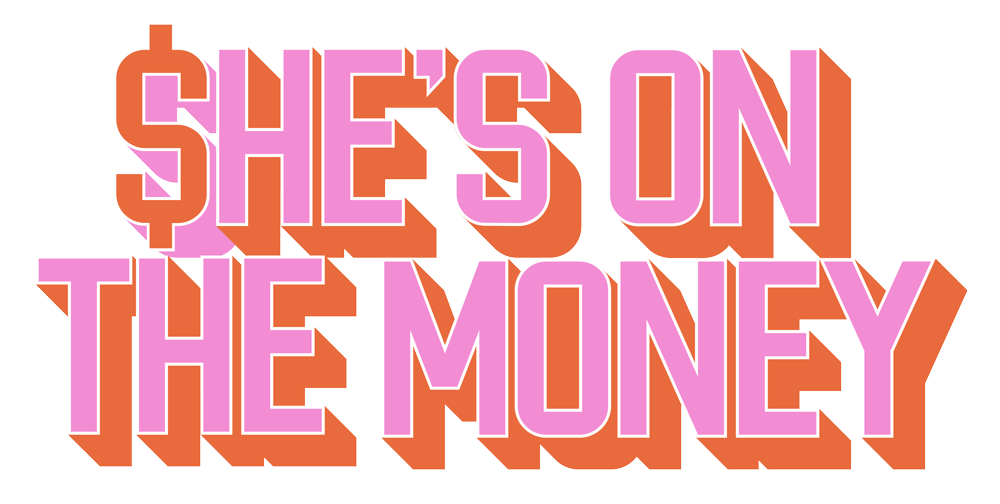What does Australia's recession mean for you?
Let’s start by defining what a recession is.
According to economists, a recession is categorised as two consecutive quarters when an economy declines.
In just three months, Australia’s Gross Domestic Product (GDP) fell by 7%, which is the biggest quarterly drop since the ABS began tracking it in 1959.
When we’re in a recession, we typically see employment rates decrease, businesses shut up shop, the share market suffers, wages are reduced, poverty increases, people stop spending and there’s higher government borrowing.
On a day to day level, the main thing that could be compromised for you is your employment and income, which could hinder your ability to save and the ability to get ahead financially.
To help quell some of the angst we’re all feeling and to put ourselves in the best position financially, we’ve gathered our four top steps to safeguarding your finances during a recession.
If you have more questions, please put them to the incredibly supportive Facebook community - search She’s on the Money Aus and join us.
Pay down your debt.
Work to get rid of your ‘bad’ debt as soon as possible so you’re not left with repayments you can’t meet should your income become compromised later on.
Bad debt is of course any debt that doesn’t contribute to your wealth - credit cards, personal loans etc. If we can pay these debts down sooner, you’ll then be on the front foot should you be impacted down the line by job loss or a reduced income.
TIP: We recommend ranking your debts and prioritising them based on the height of the interest rate and paying them down that way if available to you.
Many banks are also very sympathetic to the current situation so give your lender a call and see if they are offering a financial hardship plan or if you can defer any payments.
REMEMBER: If you are really struggling or have been let go and don’t know what to do, please consider the National Debt Helpline , a service that provides free access to financial counsellors who can help you figure out a plan to move out of debt.
Don’t panic sell your shares.
If you sell your shares when their value has plummeted you will actualise that loss so instead, hold onto your shares until the market bounces back.
Historically we know that the market has always recovered, so don’t stress if the value of your folio has gone down - if your shares are well diversified then you will be fine. We need to remember the share market is for the long-term, not for a six week period so we need to be adopting a long-term mindset when it comes to our shares.
Overhaul your budget and cashflow
& reduce non-essential spending.
Budgeting and cashflow really just means establishing an understanding of the money you have coming in versus money going out, and taking control of where you allocate and spend your money accordingly. By taking the time to sit down and identify where your money is coming from and what it is going towards, you can then create clear goals to improve your financial situation and maximise your cashflow.
If you want to cut back on spending, we suggest printing out your last month of transactions, then take two highlighters to signal essential and non-essential spending asking yourself if there are any patterns you can cut down on. Uber Eats, takeaway coffees and unused gym memberships are all things that may be sabotaging your saving efforts without you really knowing.
Don’t touch your superannuation.
$10,000 now could be $100,000 by the time you retire – this is a last resort, but is of course necessary if you require a lifeline. If you do take this option, try to replenish these funds as quickly as possible so that your money can continue to build compound interest and serve you well by the time you retire.
PLEASE REMEMBER - If you need extra help during this time, we encourage you to get in touch with the National Debt Helpline on 1800 007 007.

